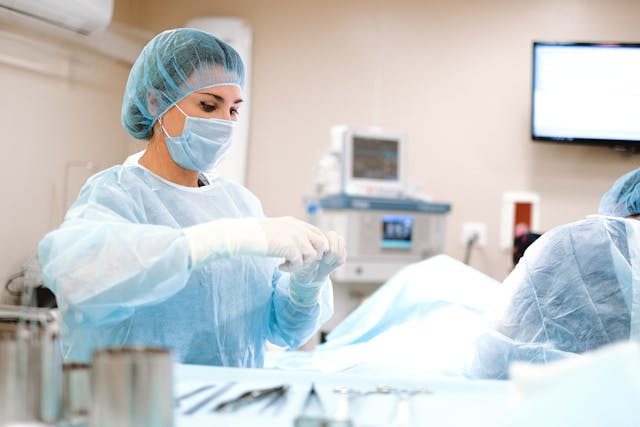Knee replacement surgery is a common solution for those living with chronic knee pain or limited mobility due to joint issues. While the idea of surgery can feel overwhelming, understanding what to expect before, during, and after knee replacement can help you prepare and feel more at ease. Here’s a detailed guide to help you through each stage.
Preparing for the Procedure
Preparation is key for a smooth knee replacement surgery experience. Ahead of the procedure, your healthcare provider will generally schedule a series of pre-operative steps. These may include medical imaging, lab tests, and consultations to determine your overall health and readiness.
- Pre-Surgical Appointments: Expect to discuss your medical history and review any medications you take. Your doctor might suggest changes to medication before surgery.
- Home Preparation: Create a comfortable recovery space. Remove tripping hazards and install safety features like handrails in your bathroom.
- Lifestyle Adjustments: Your provider might recommend light exercises to strengthen the muscles around your knee. Maintaining a healthy diet can support your body’s healing process.
- Arrange Support: Plan for assistance during recovery, such as having a family member or friend help with daily tasks or transportation after surgery.
What Happens in the Operating Room
While the thought of surgery may feel intimidating, understanding how it works can help ease concerns. Knee replacement is a widely practiced procedure, and surgical teams are well-trained in performing it.
- Procedure Overview: The surgery usually takes one to two hours. It involves removing damaged joint tissue and replacing it with artificial components.
- Anesthesia Use: You’ll receive anesthesia to help comfort. This may be general anesthesia (which puts you to sleep) or spinal anesthesia (which numbs you from the waist down).
- Experienced Medical Team: Throughout the operation, a team of healthcare professionals will closely monitor your condition.
The Road to Recovery
Recovery is a gradual process, but with proper care and support, you can regain mobility and improve your quality of life. Adapting to your new knee will take patience, but consistent effort in following care instructions can make a significant difference.
- Hospital Stay: Most patients stay in the hospital for a few days after surgery. During this time, medical professionals will monitor you and manage any discomfort.
- Physical Therapy: Rehabilitation begins shortly after surgery. A physical therapist will guide you through exercises to rebuild strength and improve movement.
- Follow-Up Care: Regular check-ins with your doctor are key to your knee healing properly. Follow meal plans, medication recommendations, and safety guidelines.
- At-Home Recovery: When you return home, prioritize a clean and comfortable space. Make arrangements for help with daily tasks as you recover your independence.
Moving Forward with Your Knee Replacement
Knee replacement surgery is a significant step toward improving mobility and quality of life. While it’s normal to have concerns, knowing what to expect before, during, and after the procedure can make the process less daunting. Take time to prepare, follow post-surgery guidance, and keep a positive mindset. With determination and the support of your care team, you’re taking an important step toward a more active and pain-free future.

